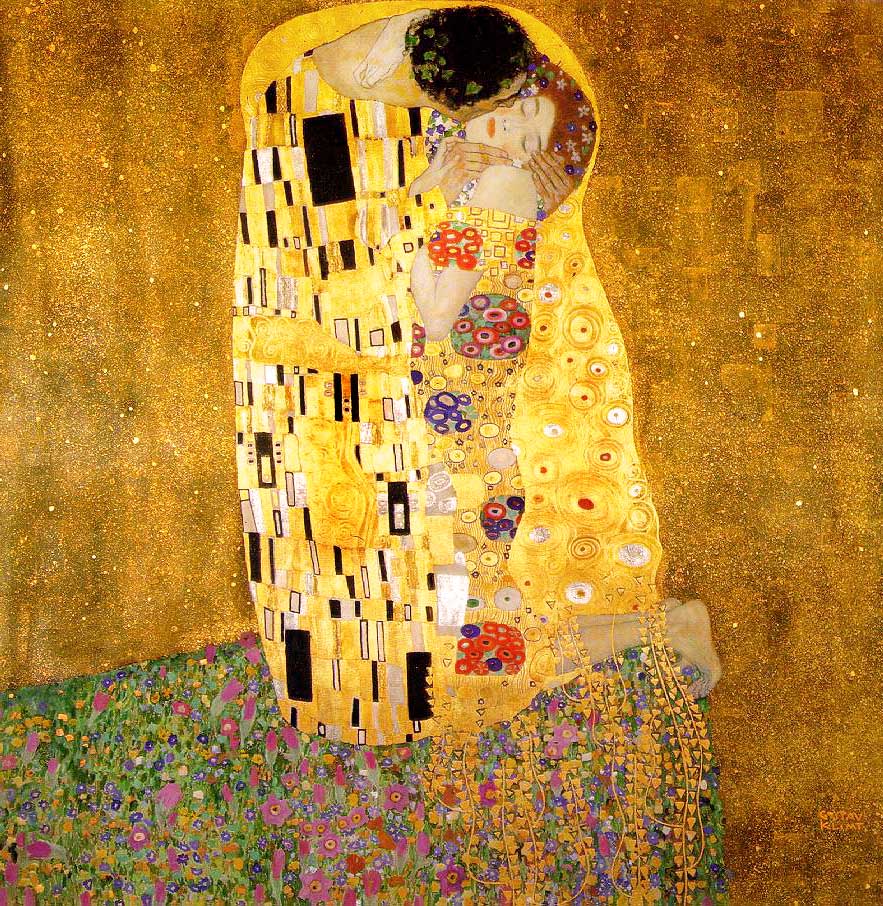After introducing himself to the Epanchin family, Prince Myshkin shares his views, though the family laughs at him periodically. Though he states that he has never been in love, Myshkin tells the family about a girl named Marie whom he met in Switzerland. She was a young girl, weak and thin from consumption, who was seduced and taken away by a French traveller, who abandoned her a week later. Upon her return home, she was rejected by everyone, including her mother, and viewed in her own eyes as the lowest of the low. Neverthless, the children that lived near her embraced her after mother's death and were made to love her when they saw Myshkin kiss her one day. Myshkin declares that he kissed her only because he felt sorry for her. Marie eventually grows too weak to do any work and later dies. The children placed flowers on her grave to show their love for her.
One critic1 has stated that Myshkin "attempts to restore Marie to her unfallen condition rather than to love her in her sinfulness." The word "sinfulness" may be too strong (unpurity may be better). Myshkin thus far has not shown himself capable of being in love though he shows great compassion. Nevertheless, not only does he convince the children that Marie is worthy of their love, but he tries to convince her personally, particularly with a kiss. He does not offer a kiss of love but a kiss that signifies that she is palpable and not cursed. The love he offers is closer to brotherly love with no strings attached. Myshkin does love her in her "sinfulness" and others agree with him that she deserves their love.
An interesting passage details the children's reaction at the funeral:
There were not many people at the funeral, only a few, attracted by curiosity; but when the coffin had to be carried out, the children all rushed forawrd to carry it themselves. Though they were not strong enough to bear the weight of it alone, they helped carry it, and all ran after the coffin, crying. (Part I, Chapter 6)
The children cannot bear the weight of the casket alone but could help others to carry it. The weight of death is too much for them; they must rely on others to help them.
Myshkin states that the doctor that he lived with in Switzerland told him
I was a complete child myself, altogether a child; that it was only in face and figure that I was like a grown-up person, but that in development, in soul, in character, and perhaps in intelligence, I was not grown up, and that so I should remain, if I lived to be sixty.
Myshkin doesn't see himself as childlike; he calls the children they, not we. However, Myshkin is only capable of a childlike love. He is able to empathize with other and show sympathy but is not capable of falling in love. The story of Marie foreshadows his interaction with Natasya.
1--D.P Slattery, The Idiot: Dostoevsky's Prince, 1983, p. 56
The above painting is The Kiss (1908) by Gustav Klimt


No comments:
Post a Comment